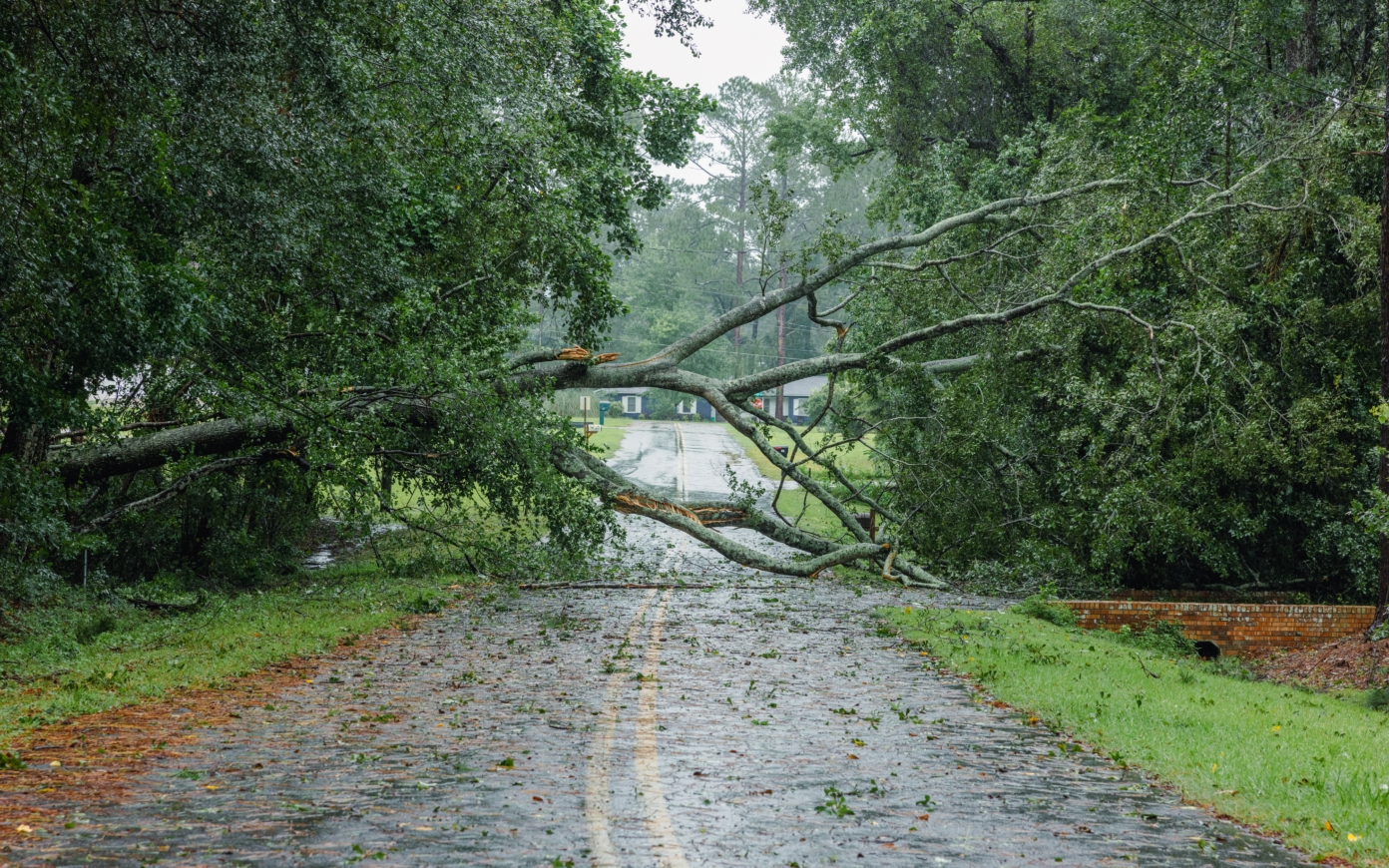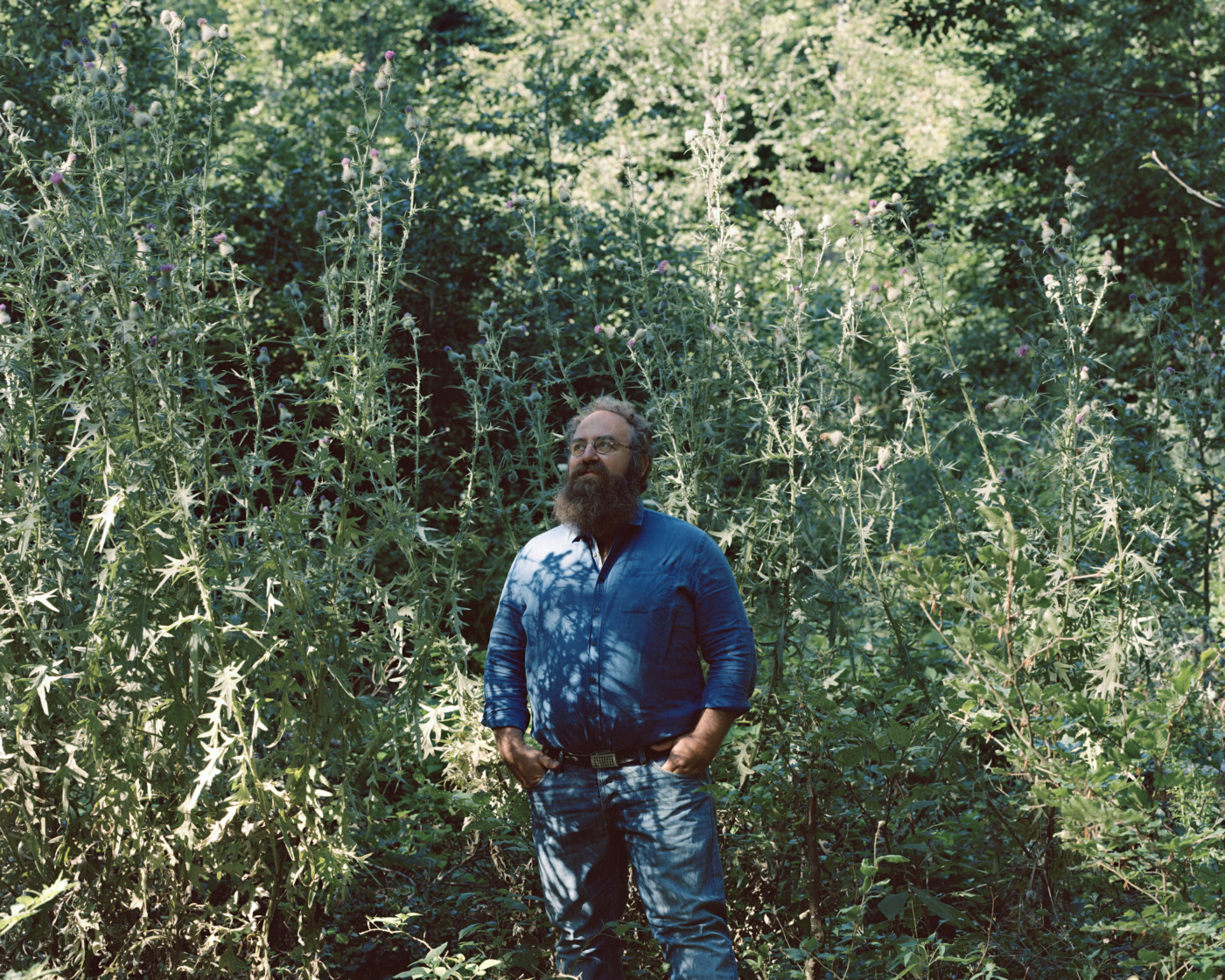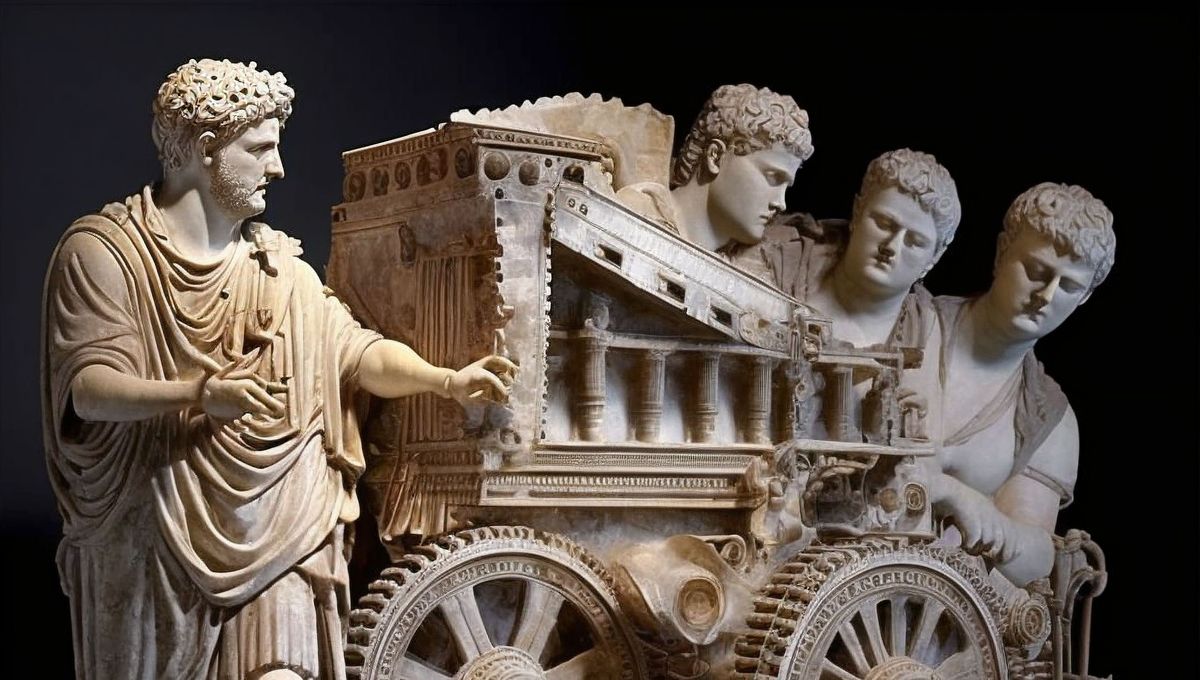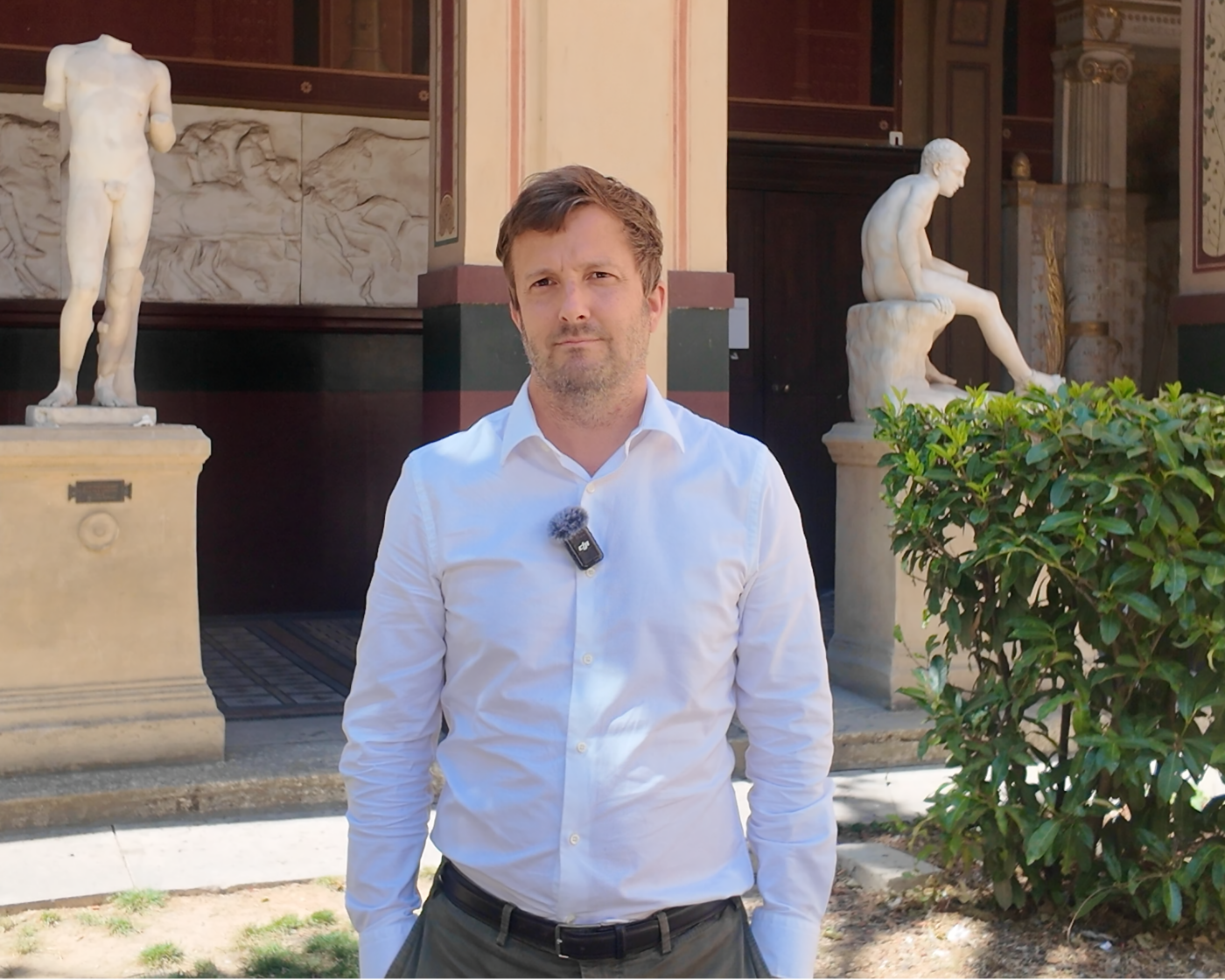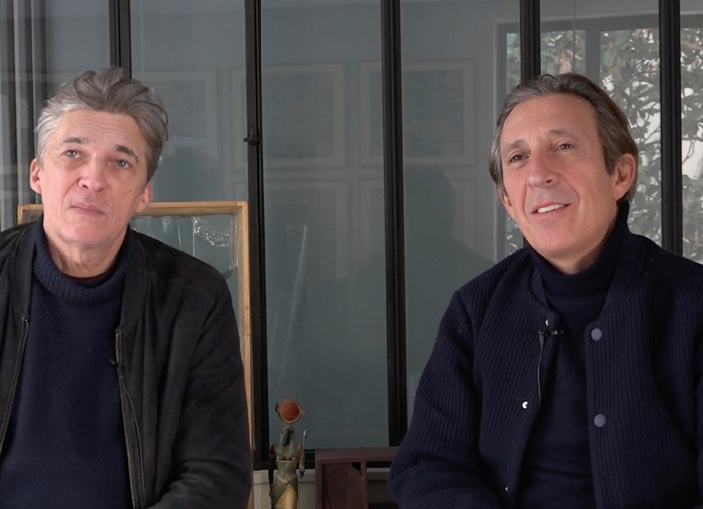Metal
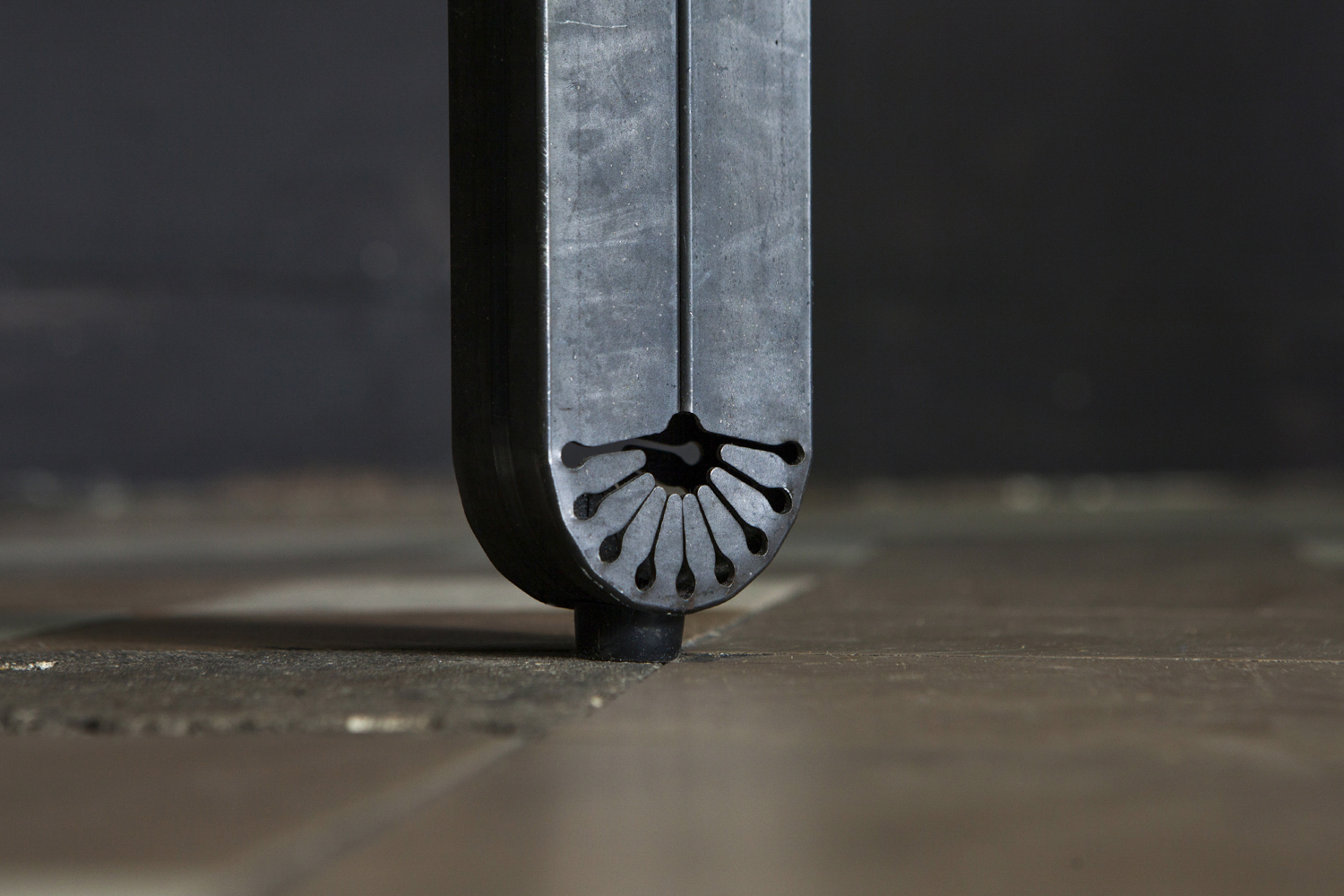
- Publish On 24 May 2024
- Antonin Yuji Maeno, Manon Leconte, Patrick Le Pense, Cyrille Terrolles
- 93 minutes
A symbol of the industrial revolution, the rise of metal in construction accompanied the renewal of Paris under Haussmann. Its origins in blast furnaces is associated with a high carbon footprint. Yet it is still widely used in facades, and seems promising for circular economy, as it is easy to dismantle. But is this enough of an advantage?
As part of the City Metabolism Chair supported by the Université Paris Sciences & Lettres.

